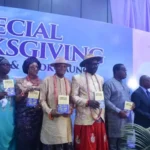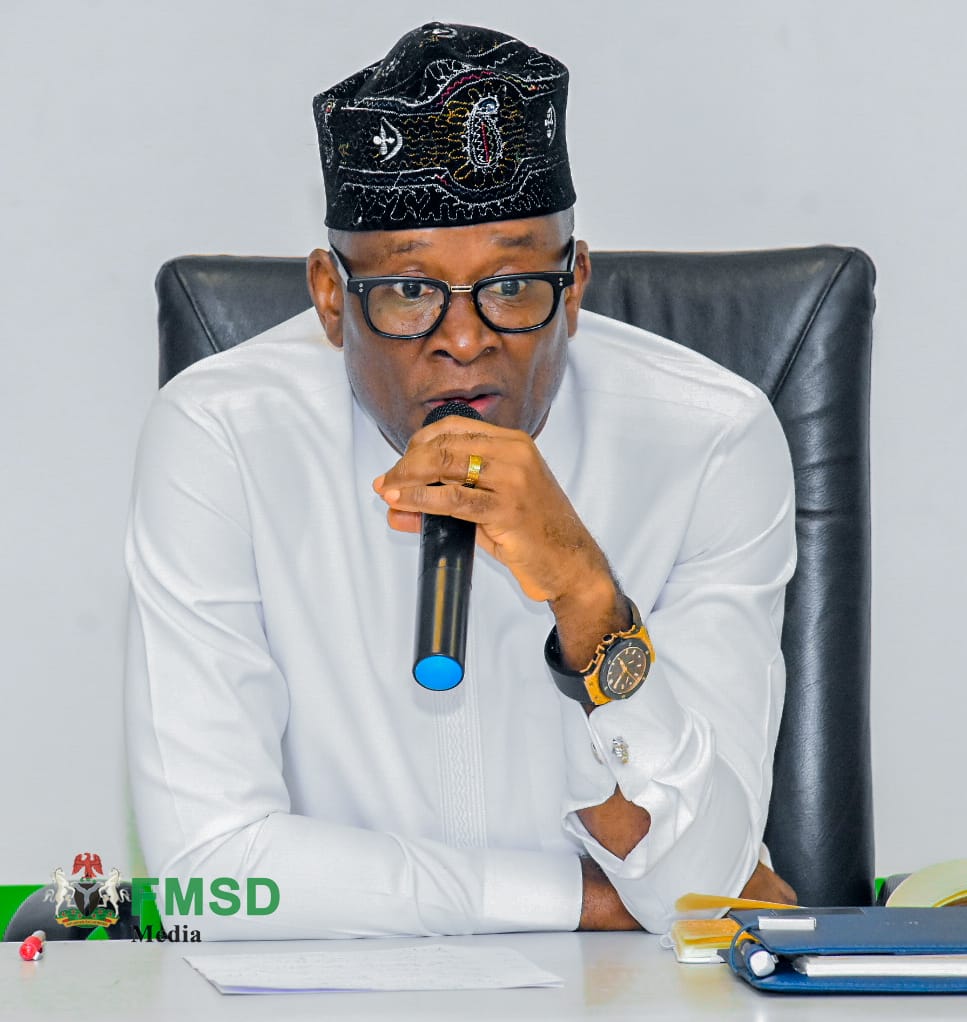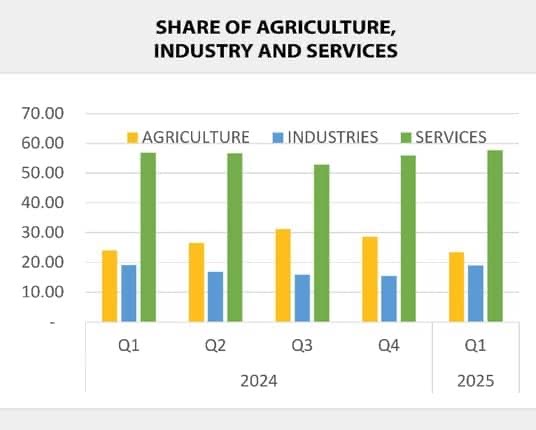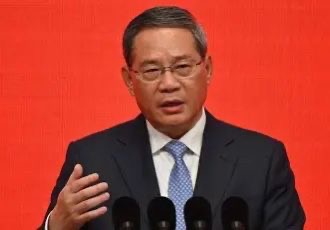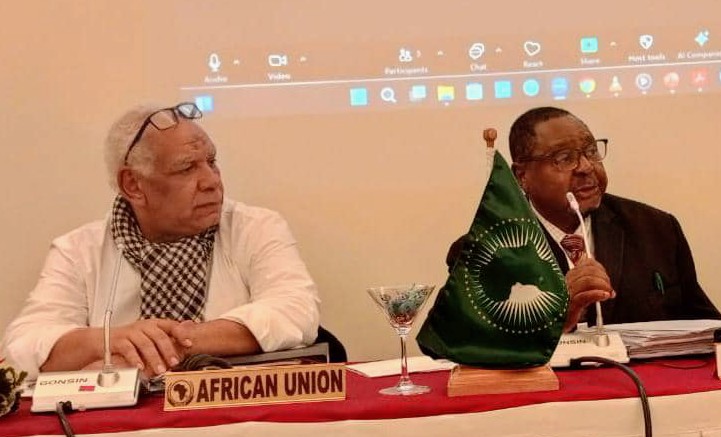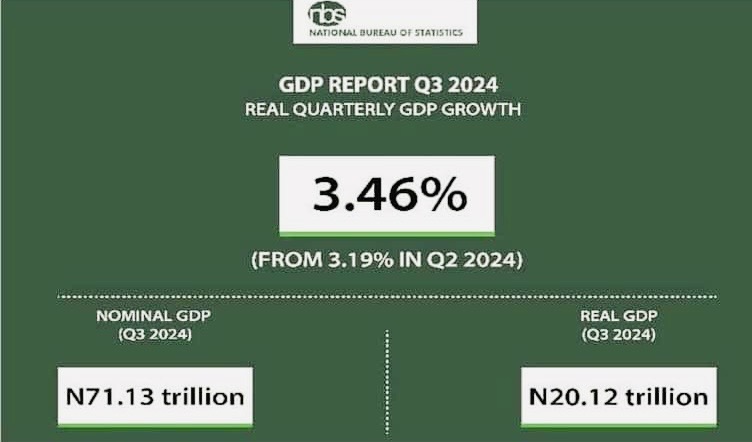Nigeria targets 25% industrial growth by 2035 – Minister
Growth By Desmond Ejibas Federal Government says Nigeria has projected a significant rise in industrial contribution to GDP, targeting 25 per cent growth between 2025 and 2035 under a newly validated strategic framework. Sen. John Owan, Minister of State for Industry, made the remark during a panel session atContinue Reading





